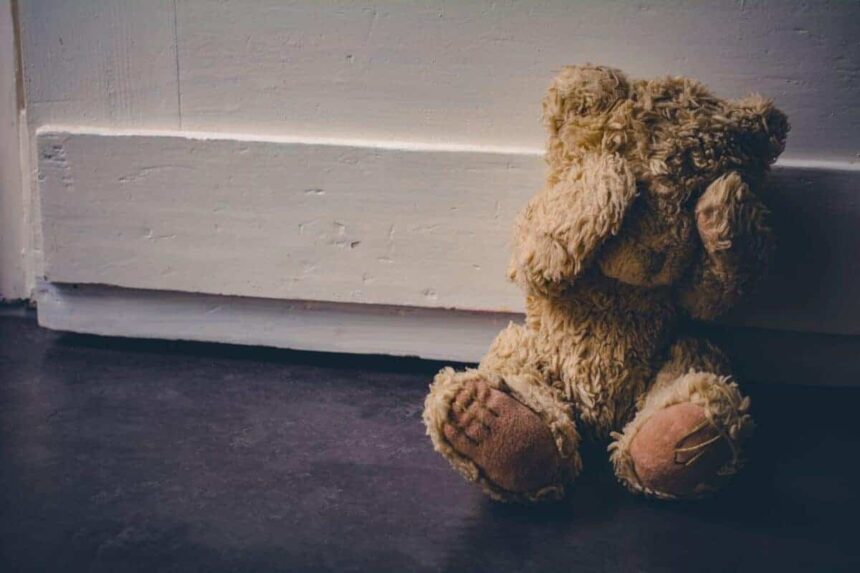Minister Sindisiwe Chikunga Confirms Evidence of Rape in Cwecwe Case
Minister of Women, Youth and Persons with Disabilities, Sindisiwe Chikunga, has revealed that medical records provide concrete evidence that eight-year-old Cwecwe was indeed raped. The minister expressed concerns that the child may have been subjected to multiple instances of abuse.
During a press conference in Matatiele, Chikunga emphasized that there is no doubt about the occurrence of rape in this case. She stated, “There is no question as to whether there was or there was no rape, there was a rape.” Furthermore, based on the information gathered, there are indications that this may not have been the first time Cwecwe experienced such trauma.
Expanding the Investigation Beyond School Premises
Authorities are now broadening their investigation beyond the confines of the school environment. DNA samples have been collected from the driver, caretaker, and most recently, the school principal. Initially, the principal had reportedly refused to provide his DNA for testing.
Police Minister Senzo Mchunu confirmed that all outstanding statements have been obtained by the investigating officer. Additionally, DNA tests have been conducted to further the investigation. Chikunga mentioned plans to collect samples from other potential suspects who may have had contact with Cwecwe during the timeframe of the incidents.
Chikunga stressed the importance of gathering these samples to either clear individuals of suspicion or establish their involvement in the case. She made it clear that the investigation would not be limited to just the school staff.
The Principal’s Failure to Report Promptly
The school principal came under scrutiny for his failure to promptly report the rape incident according to established protocols. Despite the mother reporting the case, the principal neglected to inform senior education officials until they personally visited the school on the 19th.
Chikunga criticized the principal for his delayed response, questioning his priorities in safeguarding the rights of the children under his care. She highlighted the principal’s lack of action until officials from the Department of Education intervened.
Treating Gender-Based Violence as a Pandemic
Chikunga echoed President Cyril Ramaphosa’s call to treat gender-based violence and femicide with the same urgency as a pandemic. She outlined various initiatives aimed at combating gender-based violence in the country, including a prevalence study, a National Strategic Plan, rapid response teams, and a gender-based violence dashboard.
The government has also introduced a 100-day challenge approach to swiftly resolve identified cases within the specified timeframe. Chikunga emphasized the need for professionals to intervene in schools to ensure the safety of all children within 100 days.
As the investigation into Cwecwe’s case continues, it is essential to address the systemic issues surrounding gender-based violence and prioritize the protection of vulnerable individuals in our society.







